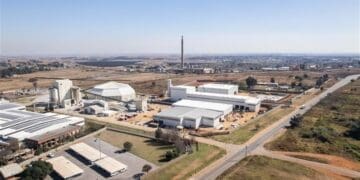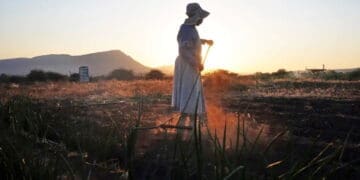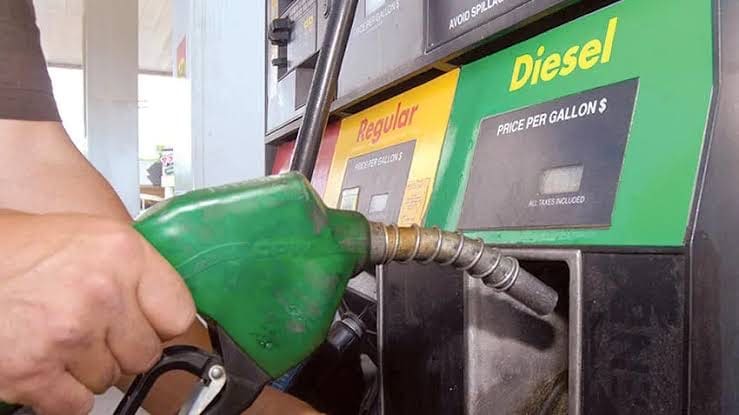Diesel is as essential as feed or water in Nomusa Nkosi’s poultry farming business in Mpumalanga.
Her generator powers cold storage, water pumps and basic lighting, especially during extended power outages.
But rising diesel prices and a lack of access to state rebates are pushing her business to the edge. Now, she fears that a proposed government review of the diesel rebate system could finish what high fuel costs started.
“If the diesel rebate gets reduced or changed in a way that excludes small farmers like me, we are done,” Nkosi told Vutivi News.
“We already do not benefit like the big guys. And we cannot raise our prices, our customers are also struggling,” she said.
Nkosi’s concern reflects a broader anxiety among South Africa’s small fuel-intensive businesses. The National Treasury is currently reviewing the diesel refund system as part of a broader fiscal tightening drive.
Initially introduced to cushion the input costs for primary production in agriculture, mining and transport, the system has historically been dominated by large commercial operations with the administrative capacity to claim refunds.
SMEs in agriculture, rural logistics and light manufacturing say they are frequently excluded from the scheme due to unclear rules, complex paperwork, or minimum consumption thresholds that penalise small operations.
Treasury has not yet released details of what changes are being considered, however, small business owners worry that instead of widening access, the reform may cut the rebate altogether to save costs.
Diesel prices have climbed more than 25% over the past 12 months, and in rural and peri-urban areas with poor electricity infrastructure, diesel-powered generators remain the only options available for a consistent energy supply.
For small-scale livestock farmers, welders, bakeries, mobile food vendors and cold storage operators, the ability to claim back part of that cost could be the difference between survival and closure.
Sipho Dlamini, who runs a small logistics business transporting goods between Hammanskraal and Pretoria, said he spent up to R12,000 a month on diesel alone.
However, he cannot access the rebate because his business does not meet the threshold and he does not know how to navigate the system.
“I didn’t even know there was a rebate until another operator told me,” he said. “Now that I want to apply, I am told I need a tax clearance certificate, monthly fuel logs, and an accountant. I cannot afford all of that just to get a few thousand rands back.”
The Department of Mineral Resources and Energy has acknowledged the need to improve diesel affordability for small users, but says that balancing fiscal pressures with targeted support is a challenge.
Treasury, in its latest budget policy statement, committed to reviewing all consumption-based relief systems, including fuel levies and diesel refunds, to assess cost-effectiveness.
Small business advocacy groups argue that the solution is not to scrap the rebate but to expand and simplify it.
“If the government wants to support township and rural economies, it needs to make these tools accessible to micro-enterprises,” said the Township Economy Collective’s Thabiso Motsoeneng. “Diesel is not a luxury — it’s a lifeline for many SMEs.”
As the review continues behind closed doors, many entrepreneurs are calling for transparency and consultation.
For South Africa’s fuel-dependent small businesses, the rebate debate is not just about policy, it is about economic survival.
“We just want to be heard. It cannot be that only the biggest businesses get relief. We are the ones who feel every price increase the hardest,” Nkosi said.































































